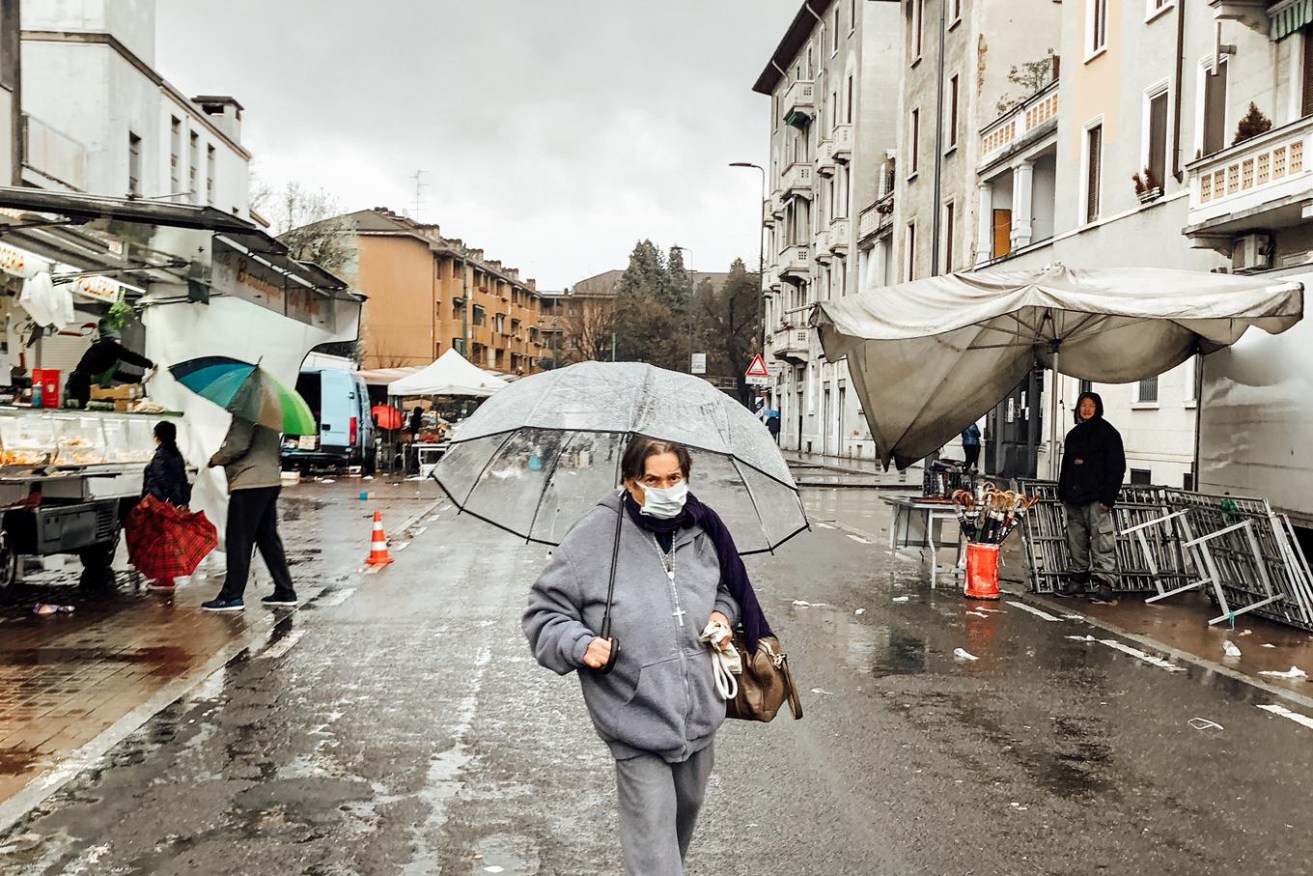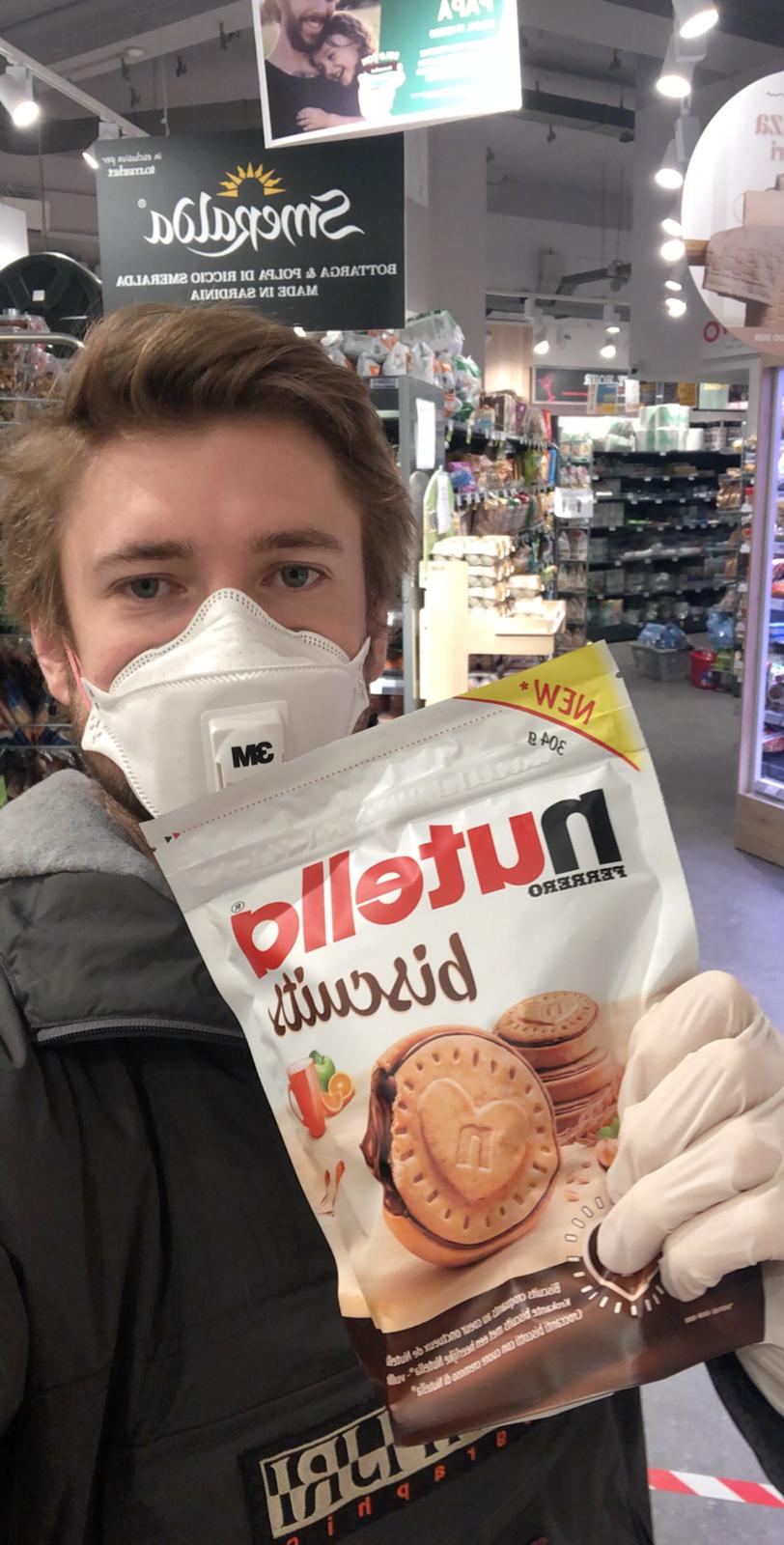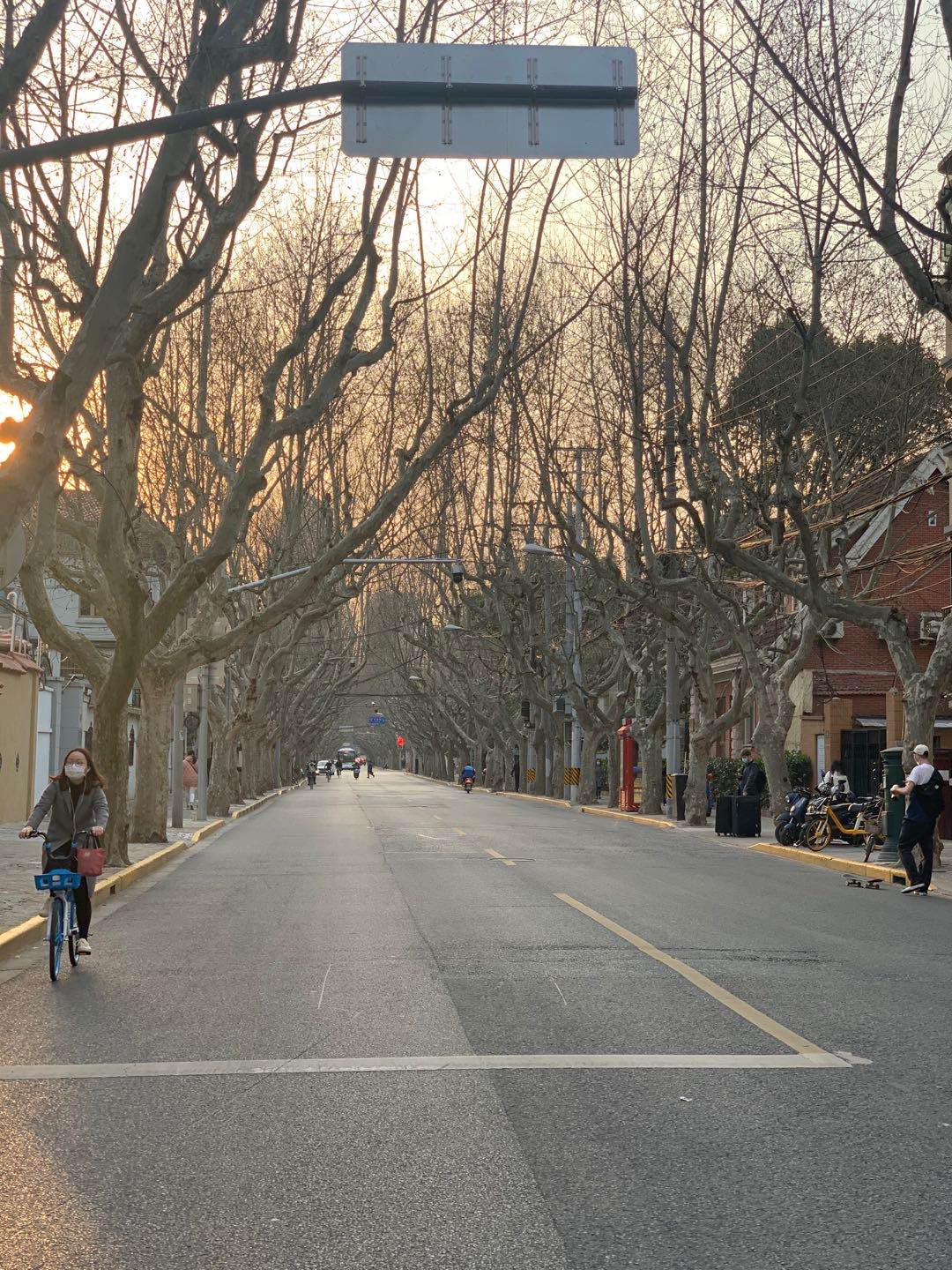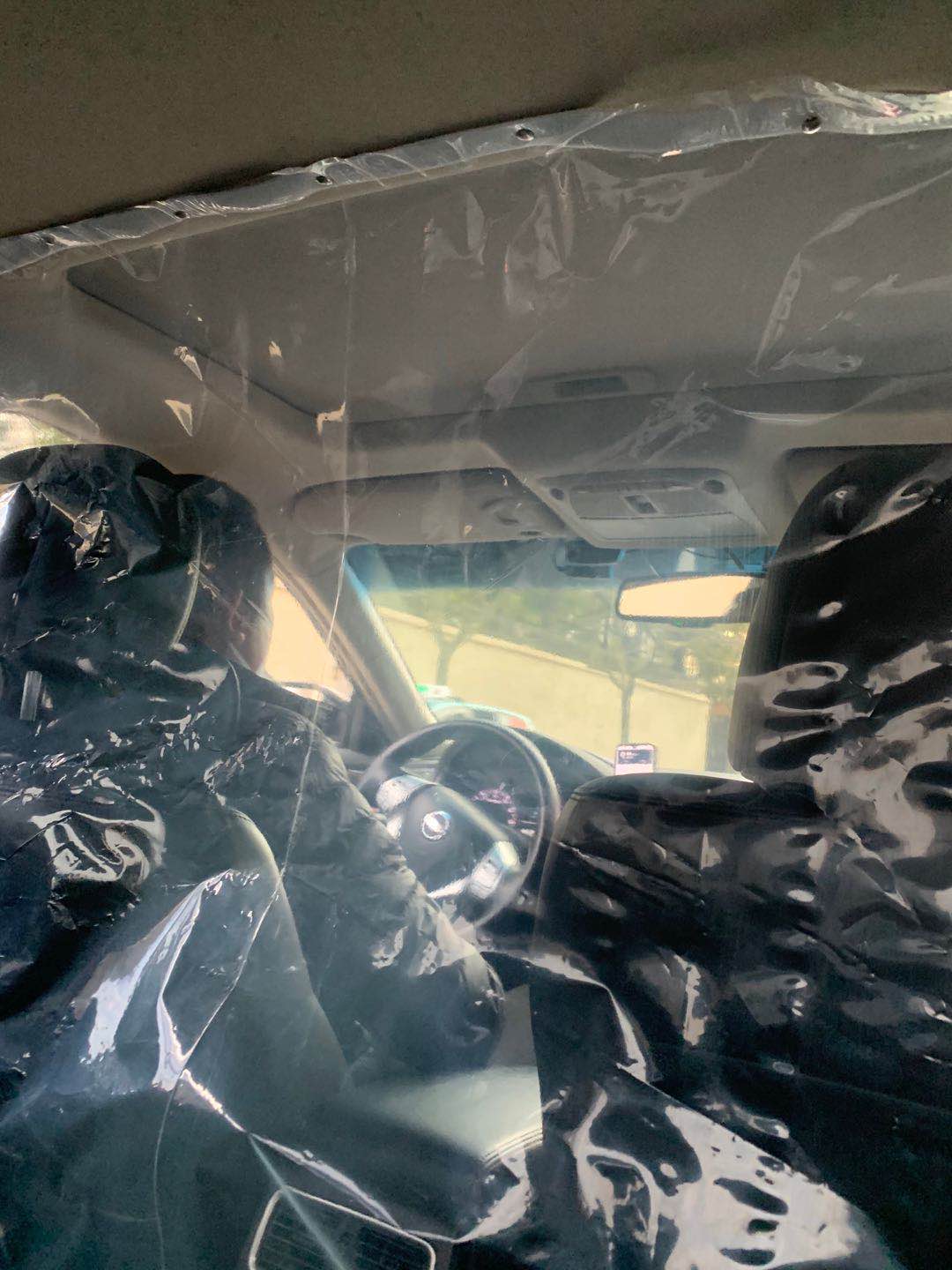Life in lockdown: the virus experiences of South Australians abroad
Two South Australians living in Milan and Shanghai spoke with InDaily about living in the confinements of two of the world’s most stringent lockdown zones as Australia braces itself for what’s to come.


Italy's lockdown is due to lift on April 3. Image: supplied.
From a flat in Milan
On March 7, Adelaide resident Xavier Meegan was standing in his apartment in Milan when he received news that the Italian region of Lombardy would be placed into lockdown.
“I was very concerned. There were reports that it was going to be locked down within 24 hours,” Meegan said.
“I managed to get a hold of my parents but then I fell asleep and when I woke up they’d sent me all of these messages saying: ‘You’ve got seven or eight hours to make the last flight to get back to Australia’.
“I had this odd day where I thought about returning home but then I was told by the Australian embassy I’d have to self-isolate for two weeks in Australia anyway, and I’d already effectively been quarantining for the past month … it just didn’t seem worth it.”
The next day the entire area was declared a red zone and people were effectively placed in home detention, not free to leave their homes without a permit (although the permit was in fact a downloadable form which could be filled out by the people themselves).
“It can be up to a 600 euro fine if you’re found outside without a good reason. You can only go to the closest pharmacy and supermarket and that’s it,” Meegan said.
“I saw some people running last night when I was at the pharmacy and I’ve seen it on TV – I’m not sure it’s allowed though.”

Meegan on one of his first trips out of the house in 10 days.
Trying to make the most of the restrictions, Meegan said he had taken up the hobbies he’d long wanted to learn.
“I’ve been catching up on a lot of Australian Survivor and now I’m teaching myself to code. It’s something I’ve always wanted to do but I’ve always had excuses – now I have no excuses.
“I’m also skipping inside the apartment, because you can’t really exercise otherwise. It sounds a bit grim but it’s what you have to do I guess.”
Meegan moved to Italy to study a master of financial technology at Politecnico di Milano, the country’s largest technical university. He said all of his classes had been face-to-face until the virus struck and everything was then forced to become digital.
“The week that university went online felt like Christmas – and Christmas in Milan is quite dead. Most people in the city of Milan aren’t actually from here. A lot of Italians live or have families in other cities but they work in Milan, so most of my friends went home.
“You could see the outbreaks starting and the government was talking about it more and more. I live near Chinatown and everything was shut. You could sort of feel at that stage like things were really changing.
“Italians were stressing out – like the rest of the world is stressing out about it now.
“Then the hashtag appeared, #Milanononsiferma, which means Milan doesn’t stop.”
Towards the end of February, Milan’s mayor defiantly tweeted a video of people going about their daily lives with a hashtag calling for Milanese people to stay resilient, despite the increasing pandemic.
Within days, the city was closed.
By March 9, the whole of Italy had been placed under lockdown until April 3 in a bid to prevent the spread of coronavirus, particularly to the most vulnerable of individuals.
Since introducing the nationwide lockdown, prison inmates have rioted after corrections authorities suspended family visits to prevent the spread of infection, and the death toll has continued to climb.
Supermarkets, medical facilities, including pharmacies, and banks are all that have remained open.
But Meegan said he felt the worst had passed.
He said the hoarding of essential items which has swept Australia had died down and the community felt as though it was working together.
“These last few weeks have really been like a mental game. But for me, when Italy went into full quarantine a week and a half ago, it gave me a hope. Because people going into quarantine is the best way of handling the situation for the health care system.
“Italy is in unison now in that everyone wants to deal with this issue as fast as possible and is accepting of the quarantine conditions … (we’re) staying positive about how fast the issue will be dealt with, whether that’s days, weeks or months.
“I pray that Italy starts seeing results in the next week. It will be interesting to see how much quarantine helps. Time will tell.”
Watching Shanghai’s outbreak
A South Australian woman living with her family in Shanghai told InDaily about life in the Chinese city on the basis of anonymity, fearing for her partner’s job.
“The real outbreak happened in January … over Chinese New Year, which is the greatest migration of human beings anywhere in the world.
“You obviously have billions of people that live in China and historically people travel to their home cities. Expats like ourselves tend to leave China, so we’re not caught up in the huge wave of people travelling in.
“That obviously helped it (coronavirus) get to being the global pandemic it is today.
“We came back into South Australia for Christmas and were planning to go back early February and then, because of the outbreak, we stayed here.
“But our friends and colleagues have been affected, so we’ve had a second-hand experience through them.

The normally bustling streets of Shanghai have been deserted. Image: supplied
“My understanding is that … within three days, they were in lockdown.
“Schools went on holidays.
“The streets of Shanghai, places that are normally completely full of people, were completely empty.
“It was sort of like a self-isolation type situation and people needed to stay home – stay in their compounds, and by that I mean like apartment blocks.
“Essentially, people just stayed with their immediate families.
“You could go out every two days to get essential items such as the supermarket to get groceries. But a lot of people in China do online shopping for groceries, although that started to decrease because they were concerned about delivery drivers passing on the virus. So deliveries had to be left at your door – not because people are fearful so much as because the government told them to do that.
“Police officers are routinely checking in and can just show up at your place. The compounds are guarded.
“It’s a mandated control but people don’t want to get sick and they don’t want other people to get sick.
“I think that’s the concern, to look after those in the high-risk groups, which are not just old people, but cancer patients and immunocompromised people.

The Chinese equivalent of Uber is taking its own precautions. Image: supplied.
“Chinese people are excellent. They’re very aware and caring of other people. And that’s just in their culture.
“They really didn’t have the panic buying that we’re seeing in Australia.
“Obviously, it’s a very, very different government in China. It’s very, very authoritarian, but people do comply. It’s a very different political environment and government environment to here in Australia.
“Australians’ attitudes are quite different – we are worried about missing our sport.
“I think they (Australians) need to be a little bit more proactive. I think people will not make the tough decisions … no one wants to sort of sound like the worrywart or the doomsday person. So people are just holding out.
“(In China) they really have started to come into recovery mode now. I have friends in Shanghai this week who are out in cafes. People have begun to return to work, blue collar workers first because they’re dependant on manufacturing.
“In some ways, it would be safer being in Shanghai than Australia, but we don’t want to go back and do centralised quarantine.
“If you are coming from outside of China, you will have to go into centralised quarantine at a hotel at your expense in Beijing. They haven’t announced that in Shanghai yet because we have different governments operating within China, but that is probably imminent. So it’s making it a little bit tricky.”




